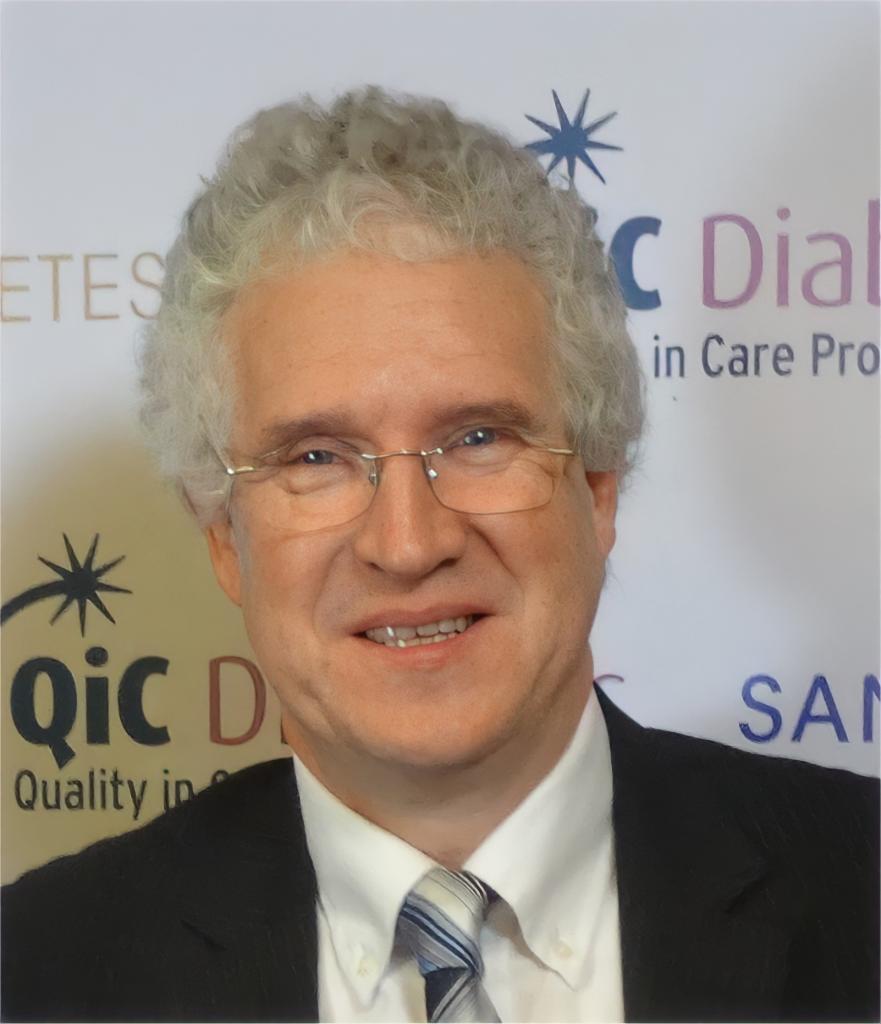The ABCD audit programme featured at the 18th International Conference on Advanced Technologies & Treatments for Diabetes (ATTD 2025) which was held on 19-22 March 2025 in Amsterdam, Holland.
In an oral presentation from the ABCD worldwide EndoBarrier registry, Dr Bob Ryder presented data suggesting that most of the considerable benefits of EndoBarrier on weight and HbA1c are achieved in 6‐months and a reduction in the recommended implantation period from 12‐ to 6‐months would greatly reduce serious adverse events (SAE); in particular, 85% of liver abscess SAE would be avoided if the implantation period was reduced to 6-months. Using data from the registry, Dr Ryder went on to compare risks and benefits of implantation periods of 6 vs 9 vs 12 months and concluded that a 9-month implantation period maximised the benefits whilst greatly reducing the risks.
In a poster presentation from the worldwide audit of testosterone deficiency in men with type 2 diabetes, Professor Hugh Jones reminded us that symptomatic testosterone deficiency (hypogonadism) is common with a prevalence of ~40% in men with type 2 diabetes. Using data from the audit, he showed that testosterone replacement therapy improves symptoms and wellbeing as well as glycaemic control in hypogonadal men with Type 2 Diabetes and that this improvement is sustained for at least 3 years. Prof Jones concluded that this audit shows that men with symptoms of testosterone deficiency should be investigated for hypogonadism.
In a poster presentation from the ABCD NHS England pilot audit of hybrid closed loop therapy (HCL), Dr Alex Liarakos presented data showing that, HCL was associated with restoration of hypoglycaemic unawareness in many patients with type 1 diabetes, irrespective of glucose levels or diabetes duration.
